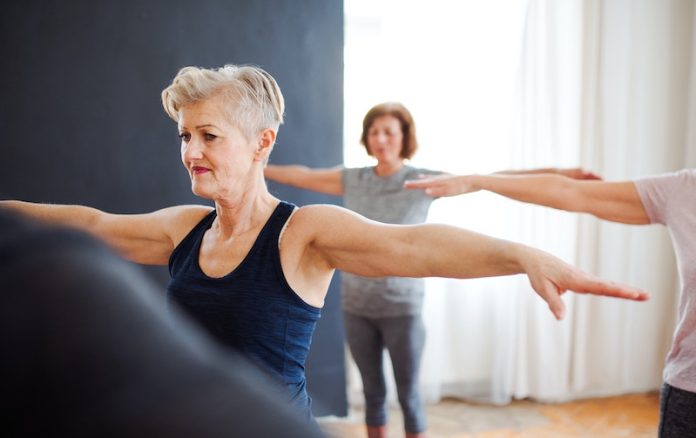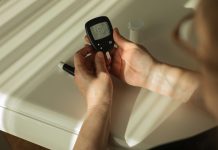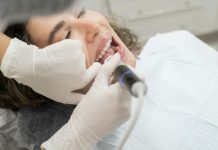
A team of researchers at Flinders University is developing an innovative program that’s showing promising results in the fight against frailty in older adults.
The program combines personalized exercise and nutrition guidance to help seniors manage their health better at home, reducing their reliance on hospitals.
The Role of Exercise and Nutrition in Reducing Frailty
Flinders University’s new program, called INDEPENDENCE, is specially designed to support older adults who are pre-frail or frail and have been hospitalized.
The innovative approach is rooted in an existing self-management model for chronic diseases like diabetes, but the Flinders team has adapted it to tackle frailty.
Dr. Chad Han, a researcher at Flinders University, explains that frailty often leads to poorer health and higher healthcare costs for seniors, and these problems worsen when seniors are hospitalized.
With the INDEPENDENCE program, the team is striving to reverse this trend.
The INDEPENDENCE Trial: What Did They Find?
In the pilot trial, the researchers worked with older adults who had been admitted to South Australian hospitals from September 2020 to June 2021.
The trial was set up to see how well these seniors could stick to the INDEPENDENCE program and how it affected their health.
They looked at a range of health indicators, including physical function, strength, nutritional status, mood, and quality of life.
Encouragingly, the results showed high adherence to the program, which included both in-person and telehealth consultations.
The seniors who took part in the program showed a greater reduction in frailty, as measured by the Edmonton Frail Scale, compared to those who did not. They also saw improvements in physical performance, mental state, and strength.
What Does This Mean for Seniors?
The promising results from this study suggest that self-managed exercise and nutrition programs like INDEPENDENCE can slow down or even reverse the progression of frailty in older adults.
This could be a game-changer for seniors, empowering them to take charge of their health and maintain their independence.
Dr. Han believes that this approach can guide doctors and researchers in developing similar programs.
However, he emphasizes the need for more research to verify these results and assess how sustainable such an intervention is in the long run.
Ultimately, this study reinforces the importance of exercise and nutrition in senior care, highlighting the potential for self-managed programs to make a real difference in the lives of older adults.
It’s an exciting development in the ongoing quest to improve the quality of life and health outcomes for seniors.
If you care about wellness, please read studies about vitamin K deficiency linked to hip fractures in old people, and these vitamins could help reduce bone fracture risk.
For more information about wellness, please see recent studies that Krill oil could improve muscle health in older people, and eating yogurt linked to lower frailty in older people.
The study was published in Clinical Interventions in Aging.
Follow us on Twitter for more articles about this topic.
Copyright © 2023 Knowridge Science Report. All rights reserved.



